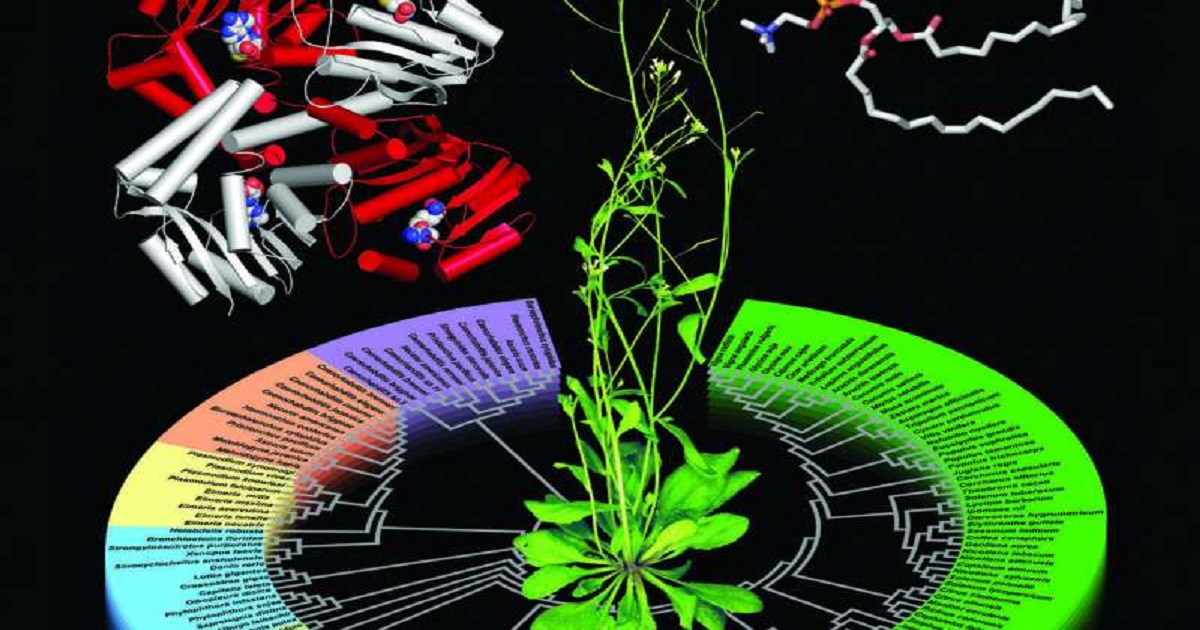A phospholipid pathway from plants to parasites

Recent findings by researchers at Washington University in St. Louis may aid in the development of therapies to treat parasitic infections, including malaria, and may help plant scientists one day produce hardier crops. The research team's work is published in the Dec. 29 issue of the Journal of Biological Chemistry. Choline is an essential nutrient that humans get from certain foods, including eggs, meat, leafy greens and nuts. The human body converts choline into phosphocholine (pCho), which it in turn converts into (among other essential building blocks) phosphatidylcholine (PtdCho), a component of cell membranes. Plants, however, can't acquire the nutrient from the environment and so must synthesize pCho from scratch. The biochemical pathway plants use to synthesize pCho is also found in nematodes and the malaria parasite Plasmodium. In plants, the enzymatic reaction that produces pCho is essential for both normal function and for responding to stresses. Plant pCho is converted into PtdCho, which builds membranes that can adjust their rigidity in response to temperature changes. Plant pCho also gets converted into molecules that help the plant survive high salt. The enzymes that produce plant pCho are called called phosphoethanolamine methyltransferases (PMTs).